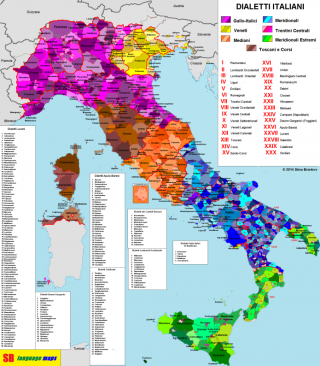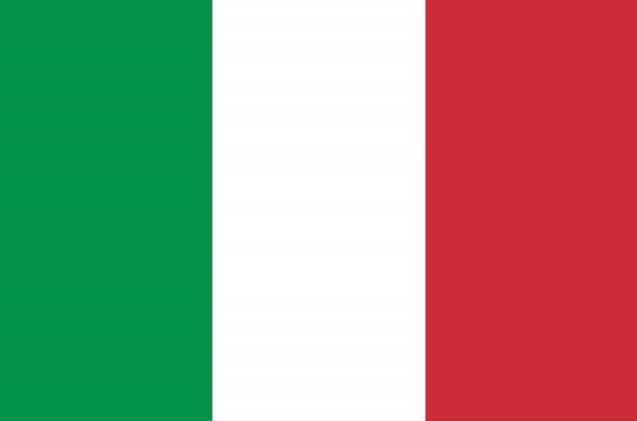Italian language developed in Tuscany during the Renaissance, and was slowly adopted as the ‘official’ language (replacing Latin) in the rest of the peninsula. However, other languages were spoken by the common folk: what we call dialects, distinctive for each region and often each city of Italy.
According to Wikipedia:
Italy is in fact home to a vast array of languages, most of which are Latin-based, lack mutual intelligibility with one another, and have their own local varieties;
In many regions, dialects are still spoken to this day as well as – and sometimes, instead of – ‘proper’ Italian. I find the subject of dialects incredibly fascinating because, often, you can tell the history of a region of Italy by checking its dialects. For example, the dialects of Lombardy have words borrowed from French – since Lombardy was under French occupation. Similarly, the dialects spoken in Apulia have words with clear greek roots, since all of southern Italy has been under Greek occupation in ancient times (Magna Grecia).
Italian dialects are countless since, as I mentioned, they often vary from city to city. I mean, I dare you looking at this map without getting an headache!

But how do these dialects sound? How different are they from Italian? Well, check this out. The first three verses of Dante’s Divine Comedy, translated in some of the major Italian dialects.
Original:
Nel mezzo del cammin di nostra vita
mi ritrovai per una selva oscura,
ché la diritta via era smarrita
Venetian dialect, translated by Giuseppe Cappelli:
A meza strada dela vita umana
me son trovà drento una selva scura,
chè persa mi g’avea la tramontana
Quite different from Italian, isn’t it? Well, take a look at this translation by Claudio de Cuia in the dialect of Taranto:
Mmìnze o camíne nuéstre de sta víte
ie me cchiéve ìndre a nu vòsche scúre
ca a drétta vìe addáne avè sparíte.
In Neapolitan dialect, translated by Domenico Jaccarino:
A meza strata de la vita mia
io mme trovai ntra na boscaglia scura,
ch’avea sperduta la deritta via
What about Sicilian dialect, by Filippo Guastella?
Iuntu a mità di vita, una nuttata
nta un voscu mi truvai spersu e cunfusu
sgarrata avennu la diritta strata:
And finally, in the dialect from Bologna, as translated by Giulio Veronesi:
Int al mèz dal camén ed nòstra vétta
a m trubò int un bòsc bur ch’an s vgneva fòra;
parché là ai era pers la strè ch’và drétta
Funny, isn’t it? Look how different the dialects are from each other, and from the Italian language itself! Italy truly is a linguist’s playground.
